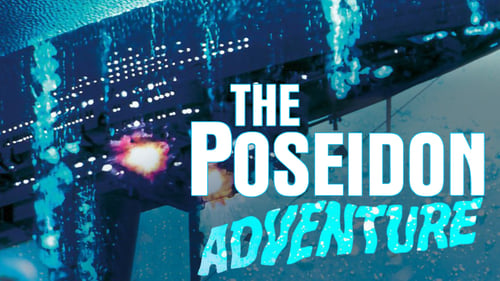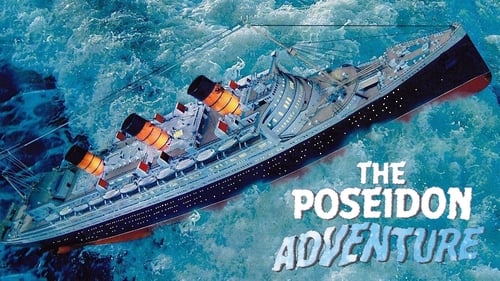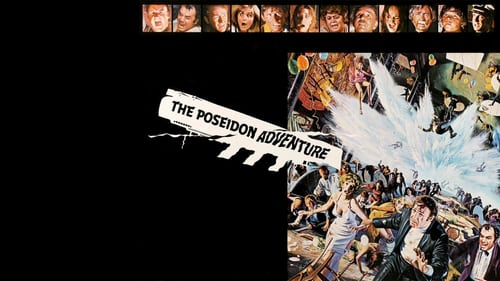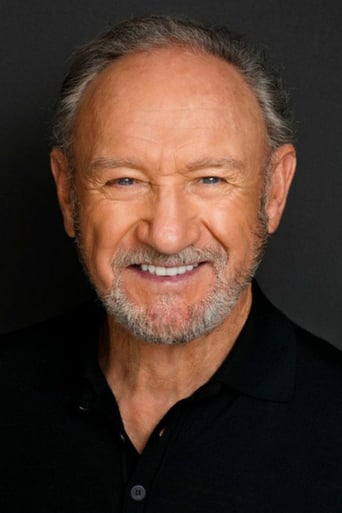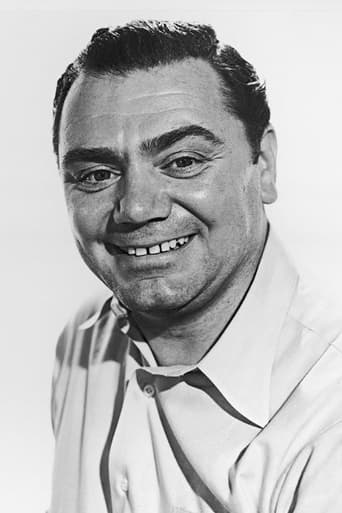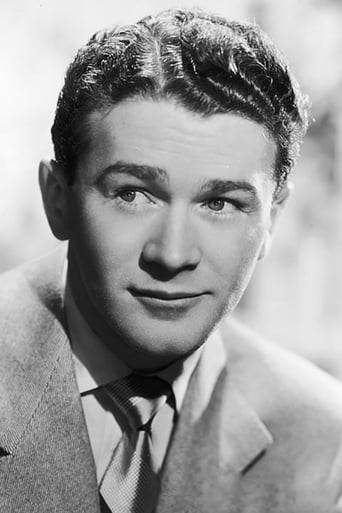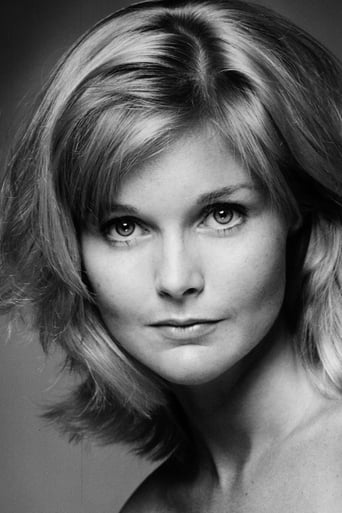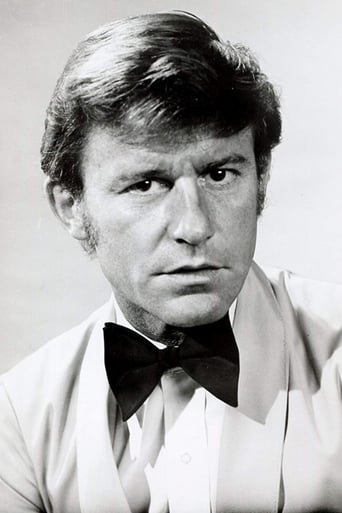ada
the leading man is my tpye
Merolliv
I really wanted to like this movie. I feel terribly cynical trashing it, and that's why I'm giving it a middling 5. Actually, I'm giving it a 5 because there were some superb performances.
Senteur
As somebody who had not heard any of this before, it became a curious phenomenon to sit and watch a film and slowly have the realities begin to click into place.
Stephanie
There is, somehow, an interesting story here, as well as some good acting. There are also some good scenes
pesk-1
Near Cape Farewell, Greenland December 1942 Paul Gallico, the highest paid magazine writer in the United States, may have been a passenger on the 'Mary' when she was struck by the rogue wave. Cosmopolitan magazine had sent him off to Europe to be their war correspondent. Years later he wrote a best-selling book about a luxury liner that turned turtle in mid-ocean. Hollywood bought the film rights and it became a blockbuster movie called 'The Poseidon Adventure'. The 'Queen Mary' had just 5" before it would have capsized with 11,339 passengers and crew perishing in the frigid waters. It could have been the worst trajedy of our lifetime - the greatest sea disaster of all time.
shakercoola
A stellar cast are submarine but Gene Hackman soon sorts the men from the buoys when the drama unfolds. Ernest Borgnine chews up the scenery but Oscar nominated Shelley Winters provides great support in one of the great genre movies. The visual effects are better in the remake but in 1974 they reigned supreme and along with the set design making the tension run just as high in these rafters. Scored by John Williams, it won an Oscar for Elizabeth McGovern's performance of the song, "The Morning After".
Scott LeBrun
The so-called "Master of Disaster", Irwin Allen, was the genius behind this very early entry into that popular 1970s genre known as the all-star "disaster film". And "The Poseidon Adventure" is an acceptable bit of escapism. Based on the novel by Paul Gallico, and scripted by Stirling Silliphant and Wendell Mayes, it tells of a luxury cruise liner crossing the Atlantic on New Years' Eve. An underwater earthquake causes MASSIVE tidal waves to occur, including the one that causes the ship to capsize. It's up to a limited number of cast members to make it to the bottom (now the top) of the ship, and hopefully escape.As directed by Ronald Neame, who also guided "Meteor", a late entry into the genre, this is solidly entertaining, even with its flaws. Admittedly, the characters' introductory sequences ARE pretty bad, and there are too many of them here who are required to spend their time being annoying, or abrasive, or both. It does take a while for the film to grab a hold of its viewers, but once the wave hits, and the action kicks in (about a third of the way through), it becomes pretty watchable. Just don't spend too much time thinking about it, and it works fairly well.Kudos to production designer William J. Creber and cinematographer Harold E. Stine for creating a "Hell on Earth" vision for our survivors to endure. You're not always convinced you're seeing upside down sets, but you may be amused regardless. John Williams' music adds the right rousing touch.The cast is saddled with some bad dialogue and some characters who are ridiculous at times, but they do their best. Gene Hackman is the hero, an irreverent priest, and Ernest Borgnine, Stella Stevens, Carol Lynley, Red Buttons, Jack Albertson, Shelley Winters, Pamela Sue Martin, and Eric Shea play the imperiled passengers. Roddy McDowall and Leslie Nielsen are among the ships' crew. Nielsen, still a good eight years away from his career reinvention with "Airplane!", is solid as a rock as the too briefly seen captain.This is agreeable mindless entertainment that actually kills an hour and 57 minutes in a reasonably paced fashion. It can boast an Oscar winning song, in any event: "The Morning After".Followed by a sequel seven years later.Eight out of 10.
StuOz
A passenger ship turns over at sea.According to the DVD of this film, Irwin Allen did not direct this movie, but he wanted to direct it, he was always sticking his nose in the sets, and giving out storyboards (sheets of paper with drawings of what each scene should look like) to the British director...who just ignored Irwin.However, Irwin would have his chance to direct the sequel, Beyond The Poseidon Adventure (1979), which I personally think is a wonderful film filled with interesting (and sometimes amusing) people. John Williams did not score the sequel but another less known composer did a reasonable score for "Beyond".So there you have it, you can't just see the first movie, you have to see them both, as they are both great...but stay clear of the 2006 remake just titled: Poseidon.



